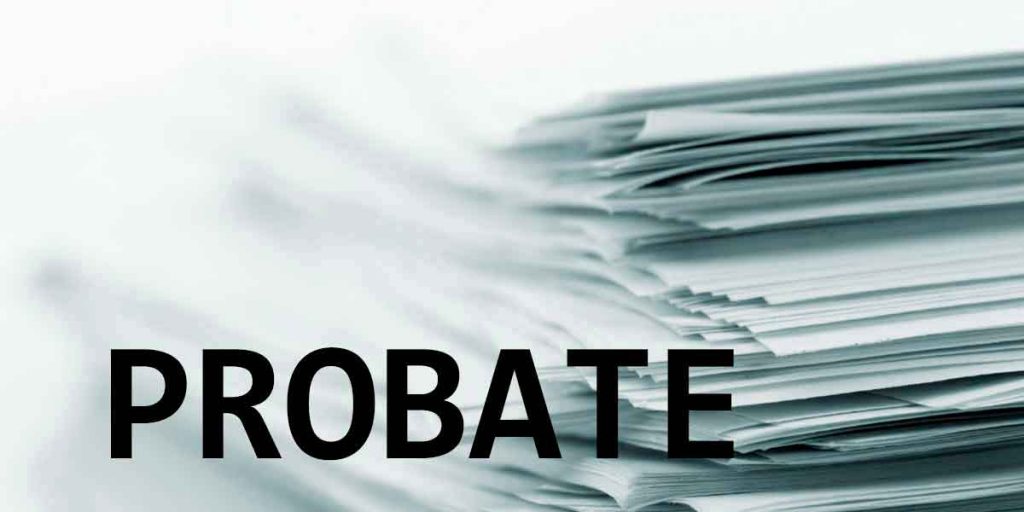Probate Is a stressful process, for the estate beneficiaries and the executor. So, it wouldn’t be surprising if an estate executor decide not to go through the probate process. Of course, this often happens especially in situations where the individual gets nothing for the service rendered. Sometimes, individuals back out due to lack of experience, among other reasons.
In this article, we’ll be addressing one important question regarding the possibility of an estate executor refusing to go through probate. However, before we delve into that, let’s take a look at what probate is.
What is Probate?
Probate is a legal process done to determine the validity of a will. In other words, this process is carried out to ascertain if a will was indeed written by the testator or forged. During this process, moves are made by the estate executor to settle the affairs of the deceased. With the assistance of a probate lawyer, the estate executor makes effort to pay the taxes of the deceased, and outstanding debts.
Eventually, when all have been finalized, it is the duty of the estate executor or administrator to distribute the assets according to the deceased will. Most lawyers usually advice their clients to plan an estate that avoid probate due to the difficult and expenses related with the time-consuming process.
On common way and legal way to avoid probate is by creating a trust. Assets places in a trust doesn’t undergo probate. So by creating trust, you’ll be doing those you left behind a huge favor. However, most people don’t create a will and this makes it even harder for their family and loved ones. So, if you want to avoid probate, you’ll have to hire a competent lawyer and create a trust.
Having known what probate is and how to avoid this stressful process, let’s take a good look at who an estate executor is.
What is an Estate Executor?
An estate executor, or an estate administrator, or an executrix, is a person designated by an estate owner to administer his or her estate. Most estate owners often select someone they can trust, and possibly someone close to the family. The main duty of an executor is to ensure that the wishes of the deceased is adhered to.
The executor of an estate can be appointed by two ways. An estate owner can appoint an executor by adding the individuals name in his or her will. On the other hand, in the event that there is no will, the probate court will appoint an executor, who is majorly referred to as an estate administrator. This individual who is appointed by the probate court, will be someone close to the family of the deceased; it is usually done so that there is a good working relationship between the individual and the family of the deceased.
How do estate executors operate?
Estate executors usually have lots of work on their shoulders. In fact, sometimes, they may need the assistance of experienced professionals like probate lawyers to make the process easy and fast.
Executors are charged with ensuring that the assets of the deceased as accounted for. These individuals are also responsible for transferring these assets to the designated beneficiaries. Assets can comprises financial holdings, like bonds stocks, real estates, etc.
It is also the job of the executor to estimate the value of the estate. This can be done either with the death value or the alternative valuation date.
The executor will also have to ensure that the debts and taxes of the deceased are complexly settled.
Now, to the crux of this article
What happens when the executor refuse to go through probate
If you discovered that you have been selected by an estate owner as the executor of his or her estate, you can decide not to go through the process. You wouldn’t be breaking any law by refusing to work as the executor of an estate. The choice is all yours. So if an executor refuses to go through probate, the individual will have to renounce his or her position so that another individual can be appointed.









